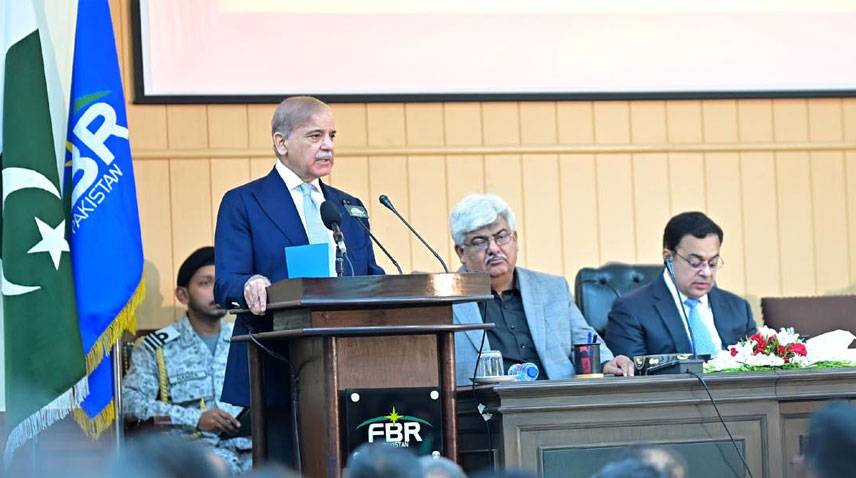A major reform has reshaped the FBR Performance Management System to improve the efficiency of Pakistan’s civil services. Prime Minister Shehbaz Sharif has given approval for the new model, which has already been rolled out in the Federal Board of Revenue for Customs and Inland Revenue departments.
Earlier, 98% of officers were rated “outstanding” or “very good.” Under the fresh FBR Performance Management System, that figure has now dropped to only 40%. Similarly, earlier assessments had declared 99% of officers in the Income Tax Group as top performers for integrity. That unrealistic pattern has now been replaced with a more credible system.
Top performers under the new FBR Performance Management System will receive better pay. Their performance and corresponding benefits will be reviewed every six months. The Prime Minister has directed the Establishment Division to implement this framework across all other services and cadres of the Central Superior Services.
This new approach is the brainchild of current FBR Chairman Rashid Langrial. His team not only designed the complete scheme but also successfully tested and implemented it for the last half-year evaluation.
Unlike the previous manipulated system, the updated FBR Performance Management System categorizes officers into five groups from “A” to “E.” Each group contains 20% of officers, judged purely on work quality and integrity using a fully digitized and secure method.
Manipulation and favoritism have been completely eliminated. Officers with better scores now receive higher salaries based on their grades. “A” category officers earn four times their regular pay. “B” category officers get three times more. “C” category officers receive double salaries, while “D” category officers enjoy one extra salary. “E” category officers, however, receive no extra compensation.
This system has minimal financial burden, with only a few billion rupees required for the additional payments. The FBR Performance Management System is entirely digital and uses advanced cybersecurity measures. Identities of the 45 peer reviewers remain fully protected.
Only the FBR chairman and three members have access to the system, but none can alter any officer’s evaluation. Unauthorized access attempts trigger alerts to five independent individuals.
Each officer is evaluated by 45 peers through an anonymous and forced-ranking method every six months. A technical panel, made up of retired FBR officials and tax experts, also reviews work quality randomly.
The FBR has successfully completed the assessment of over 1,500 officers under this groundbreaking FBR Performance Management System, setting a new benchmark for public sector evaluations in Pakistan.


